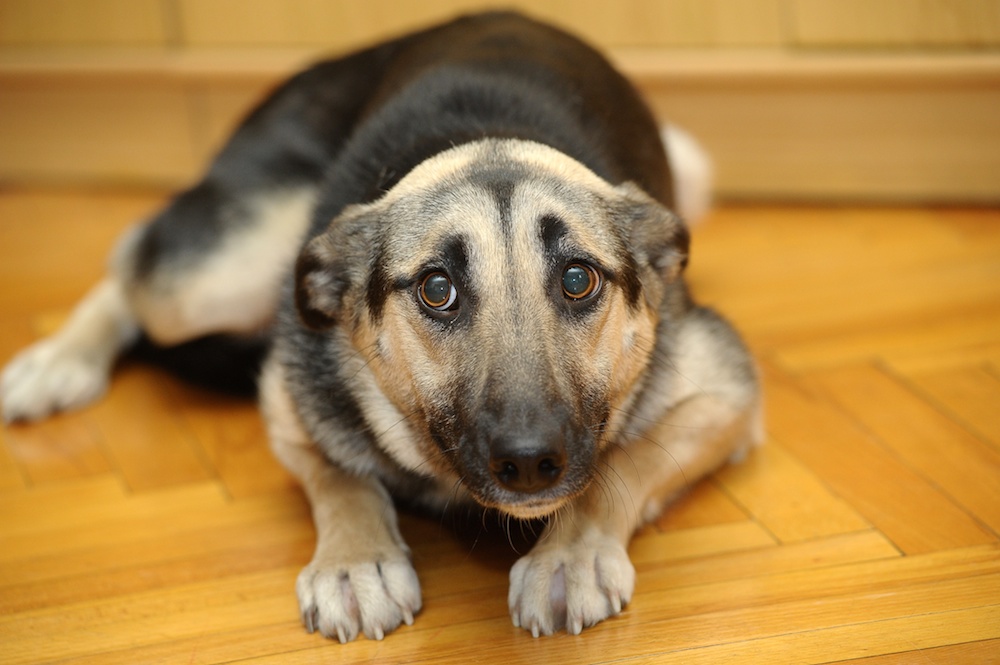Often, dogs who have a bad story, or have dealt with someone with a negative personality, become fearful. In these situations, a great offense is a great defense. Let’s put you in the position of your dog. If you have been conditioned to associate a situation with something negative, you will be nervous when it is presented to you. You may have an offensive reaction at just the thought of it. Fearful dogs have similar experiences and having a fearful dog may sometimes be very difficult to handle.
This type of response is common for dogs and people who have had a negative experience. The response is heightened in all animals with a high defense drive. One response type is obvious. When a dog barks and charges you, she is afraid of you. Most of the time when a dog bites someone, two things typically are going on: 1) She is indeed afraid, and 2) most likely the person being bitten unknowingly made a mistake.
Dog Greeting Tips:
1. Never reach your hand toward a dog! Most people are taught this and some are bitten because of it. Fearful dogs may snap or bite you. This is a very human way of doing things. But you are putting physical / social pressure on a fearful dog. You are coming into their personal space. What if I put my hand toward your face the first time I met you? Would that feel friendly or normal to you? Probably not. It would feel like a threat.
2. Allow the dog to approach you. If it hesitates or backs away from you DO NOT PET OR REACH FOR THE DOG. The animal is already saying that it is a bit nervous about you.
3. Let the dog be a dog and use its nose. When it does approach to give you a sniff, that’s great! DON’T TOUCH THE DOG! Some fearful dogs need to get to know you before they truly engage you. If you have a shy child, you wouldn’t allow a strange person to pick them up, stroke them, or throw them in the air. They would be totally freaked out!
4. You can love a dog to death. How many people can she bite before someone recommends you euthanize the dog? How many times does the dog have to say you’re freaking out before someone takes control for her? If your dog could talk, they would say, “This is freaking me out! Help! Why are you letting them do that to me?” Instead, she bites. It’s the dog that pays the price for a bite.
Whatever you avoid you feed. When there is a problem and you avoid it you are missing the teaching. Dogs are experiential learners. They must attempt to do things the old way so you may disagree and demonstrate the new way. What you rehearse you master. Almost all the dogs I meet have been practicing their bad behavior for some time. We must keep in mind that it will require patience, practice, and commitment to master a new way of doing things.Once you know how to address situations that are challenging for you and your dog, you must find the experience again and again to rehearse a positive reaction to the situation or stimulus.

